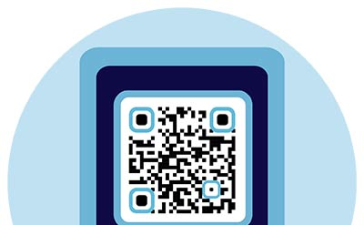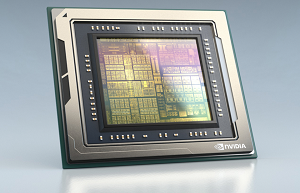For companies of all kinds, safeguarding sensitive data is essential in the current digital environment. Access control management systems are becoming more and more popular in Singapore as a means of protecting sensitive data from cyber-attacks and data breaches. These systems act as strong defences against unwanted access, guaranteeing that private information can only be retrieved or altered by those with permission. Let’s examine the efficient protection of sensitive data provided by access control management systems and the reasons why Singaporean enterprises need them.
1. Enhanced Security Measures
Access control management systems in Singapore offer advanced security measures to protect sensitive data from unauthorised access. These systems utilise authentication methods such as biometrics, smart cards, or passwords to verify the identity of individuals attempting to access the data. By implementing multi-factor authentication, access control management systems add an extra layer of security, making it significantly more challenging for unauthorised users to breach the system.
2. Restriction of Access Rights
One of the key features of access control management systems is the ability to restrict access rights based on roles and responsibilities within the organisation. By assigning specific access permissions to individual users or groups, businesses can ensure that sensitive data is only accessible to those who require it to perform their job duties. This granular control over access rights minimises the risk of data exposure and prevents unauthorised users from accessing confidential information.
3. Real-Time Monitoring and Reporting
Access control management systems provide real-time monitoring and reporting capabilities, allowing businesses in Singapore to track and audit access to sensitive data. Administrators can monitor user activity, identify suspicious behaviour, and generate comprehensive reports detailing access attempts and permissions changes. By maintaining a detailed log of access activities, organisations can quickly detect and respond to potential security threats, ensuring the integrity of their sensitive data.
4. Compliance with Regulatory Requirements
In Singapore, businesses are subject to various regulatory requirements concerning data protection and privacy, such as the Personal Data Protection Act (PDPA). Access control management systems help businesses comply with these regulations by implementing security measures to safeguard sensitive data. By enforcing access controls and maintaining audit trails, organisations can demonstrate their commitment to protecting customer information and avoid costly fines or penalties for non-compliance.
5. Integration with Other Security Technologies
Access control systems in Singapore seamlessly integrate with other security technologies, such as intrusion detection systems and video surveillance cameras, to provide comprehensive protection for sensitive data. By leveraging the capabilities of these integrated security solutions, businesses can create a robust security ecosystem that effectively mitigates the risk of unauthorised access and data breaches. This holistic approach to security ensures that sensitive data remains protected from internal and external threats.
6. Centralised Access Control Management
Access control management systems centralise the administration of access rights and permissions, streamlining the management of sensitive data across the organisation. Administrators can efficiently allocate and revoke access privileges, update user credentials, and enforce security policies from a centralised dashboard. This centralised approach ensures consistency in access control policies and simplifies the management of user access, reducing the risk of errors or inconsistencies that could compromise the security of sensitive data.
To sum up, firms in Singapore rely heavily on access control management solutions to protect sensitive data. These systems effectively protect sensitive data from unauthorised access and data breaches by limiting access, supplying real-time monitoring and reporting, guaranteeing regulatory compliance, integrating with other security technologies, and offering enhanced security measures. Purchasing access control management systems is crucial for companies trying to protect sensitive data and keep their clients’ trust in the quickly changing threat landscape of today.

Contact D-Link Systems for inquiries or to learn more about our services.






